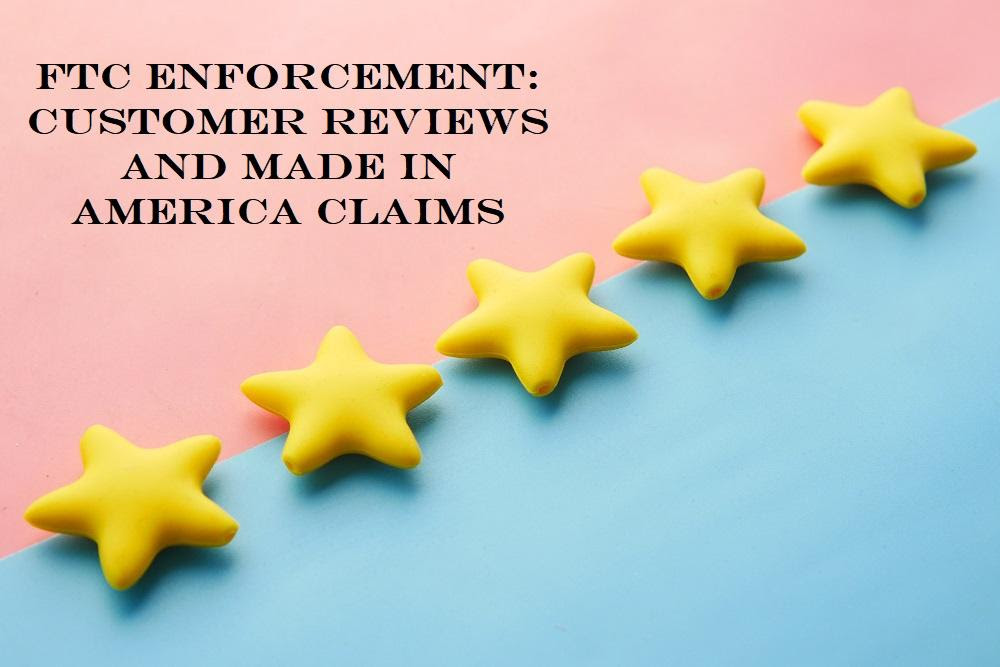Customer Reviews
Last month, the Federal Trade Commission (FTC) settled charges it brought against Fashion Nova, LLC for engaging in deceptive practices by concealing negative customer reviews.
The FTC alleged that the California-based online retailer represented that the product reviews on its website reflected the views of all reviewers, when in reality, it was hiding bad reviews.
Fashion Nova used software to automatically post four- and five-star reviews to its website while holding others for its approval. From 2015 to 2019, the defendant didn’t approve any of the hundreds of thousands of submitted lower-starred reviews.
The FTC has fined Fashion Nova $4.2 million. In addition, it’s prohibited from making misrepresentations about any customer reviews or other endorsements. The retailer must also post on its website all customer reviews of products currently being sold.
The only exceptions are reviews that contain obscene, sexually explicit, racist, or unlawful content and reviews that are unrelated to the product or customer services (e.g., shipping, delivery, returns, or exchanges). These criteria must be applied to all reviews equally, regardless of the opinion expressed.
For more information, see the FTC’s new guidance, Soliciting and Paying for Online Reviews: A Guide for Marketers and Featuring Online Customer Reviews: A Guide for Platforms.
What does this mean for your business? To avoid being hit with a fine for deceptive reviewing practices:
• don’t hide bad reviews;
• don’t pay people to give good reviews;
• don’t pay anyone to review your products or services at all, unless the payment is properly disclosed in the review; and
• carefully review the FTC’s guidance and make sure you follow all other requirements.
“Made in America” Claims
The FTC recently sent letters to two companies regarding problems with their marketing materials due to “Made in America” claims.
Lorts Manufacturing used #madeinamerica and #madeinusa hashtags in social-media posts marketing its furniture. In addition, each page of its website sported a “Made in US” footer with an image of the American flag.
You might wonder what’s wrong with these statements. If the statements are true: nothing. If, however, as in this case, some of the products incorporate significant imported components, a “Made in US” representation is misleading.
According to the FTC, “Made in USA” means that “all or virtually all” the product has been made in the United States. In other words, all significant parts, processing, and labor that go into the product must be of US origin. Products should contain no (or only a negligible amount of) foreign content.
Similarly, the FTC believed that FiberBuilt Umbrellas, Inc. had overstated the extent to which its patio umbrellas were made in the United States. While FiberBuilt offers some products that are made in the US, its finished umbrellas incorporate significant imported parts, and its line “budget” products are wholly imported.
In both situations, the problem arose from the failure of the manufacturers to specify which products are covered by the “Made in America” claims. Unless this is clear, said the FTC, consumers will generally interpret US-origin claims in marketing materials to cover all products advertised in those materials.
There is no “bright line” rule establishing when a product is “all or virtually all” made in the United States, and the FTC looks to a number of factors when making this determination.
First, for a product to be considered “all or virtually all” made in the United States, the final assembly or processing of the product has to take place in the United States.
The FTC considers other factors as well if this minimum threshold is met, including but not limited to the portion of the product’s total manufacturing costs that are attributable to US parts and processing and how far removed from the finished product any foreign content is.
For more information, see the FTC’s Enforcement Policy Statement on U.S. Origin Claims, Complying with the Made in USA Standard, and Selling ‘American-Made’ Products? What Businesses Need to Know About Making Made in USA Claims.
Please let us know if you have any questions about these FTC guidelines or need assistance drafting guidelines and policies.






